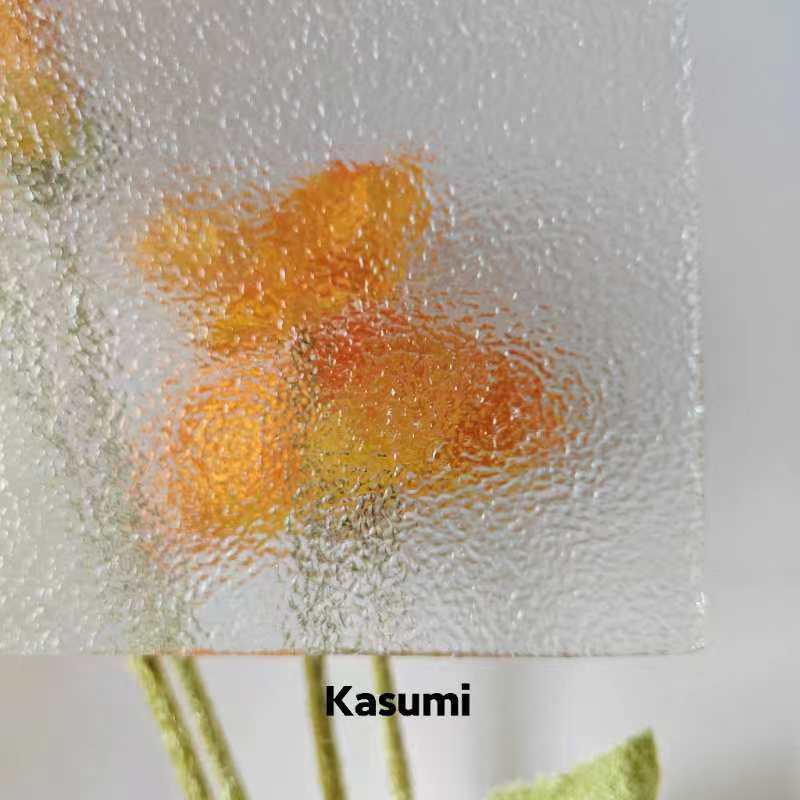

Understanding 3mm Float Glass Properties, Applications, and Benefits
Float glass is a widely used type of glass that is essential in various industries and applications, ranging from architecture to automotive design. Among the various thicknesses of float glass available, 3mm float glass is particularly popular for its versatility, strength, and lightweight characteristics. This article explores the properties, applications, and benefits of 3mm float glass, shedding light on why it is a preferred choice for many projects.
What is Float Glass?
Float glass is manufactured through a process known as the float process, where molten glass is poured onto a bed of molten tin. The glass smooths out and forms a flat layer, which then cools and solidifies. This method results in glass that is flat, uniform, and free of distortions, making it ideal for optical clarity. The thickness of float glass varies, with 3mm being one of the most common sizes used across different applications.
Properties of 3mm Float Glass
1. Clarity and Transparency One of the standout features of 3mm float glass is its high level of clarity. The manufacturing process ensures that the glass remains free from bubbles and imperfections, providing excellent transparency. This property is vital for applications where visual clarity is essential.
2. Lightweight At just 3mm thick, this type of glass is lightweight compared to thicker alternatives. This characteristic makes it easier to handle, transport, and install, making it a practical choice for various projects.
3. Strength and Durability Despite its thin profile, 3mm float glass is surprisingly strong. It can withstand significant stress and pressure, although it is essential to note that thicker glass tends to provide greater resistance to impacts.
4. Versatile Customization 3mm float glass can be easily cut, shaped, and finished according to specific requirements. This property allows it to be employed in numerous designs and applications, including custom-sized windows and glass features.
5. Eco-Friendly Float glass is made from natural raw materials like silica sand, soda ash, and limestone, which makes it a sustainable option. Moreover, it is recyclable, contributing to environmental conservation efforts.
Applications of 3mm Float Glass

3mm float glass is utilized across various industries due to its versatility
. Some of the most common applications include1. Architectural Glass It is widely used in residential and commercial buildings for windows, doors, and glass partitions. The clarity and aesthetic appeal of float glass enhance the overall design of a space.
2. Mirrors The reflective properties of 3mm float glass make it an ideal choice for mirror production. It can be manufactured with a silver backing, providing a smooth, clear reflection.
3. Furniture Designers often use 3mm float glass in furniture applications, such as tabletops and shelving. Its lightweight nature makes it easy to incorporate into modern furniture designs.
4. Display Cases Retail stores and museums frequently utilize 3mm float glass for display cases. Its transparency allows for optimal viewing of the items displayed while protecting them from dust and damage.
5. Automotive Uses In the automotive industry, 3mm float glass can be found in various applications, including side windows and mirrors, thanks to its lightweight and strong characteristics.
Benefits of Using 3mm Float Glass
Opting for 3mm float glass comes with several benefits. Its lightweight nature simplifies handling and installation, reducing labor costs and time during construction or renovation projects. The clarity and optical quality ensure that spaces remain bright and visually appealing, contributing to the overall atmosphere and experience for occupants and visitors. Additionally, the sustainability aspect of float glass aligns with modern environmental considerations, making it a responsible choice for conscious consumers.
Conclusion
In summary, 3mm float glass is a remarkable material that offers a combination of clarity, versatility, and strength. Its numerous applications across various industries underscore its importance in both decorative and functional contexts. With its lightweight and eco-friendly properties, 3mm float glass truly exemplifies modern glass technology, making it a preferred choice for architects, designers, and manufacturers alike. As technology continues to evolve, the potential applications and innovations surrounding float glass will likely expand, solidifying its place in contemporary design and construction.